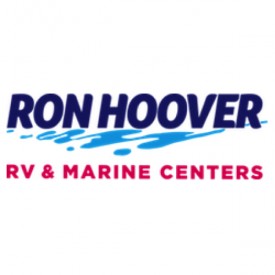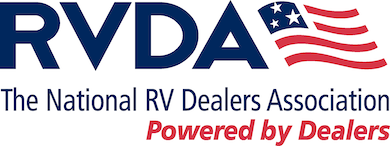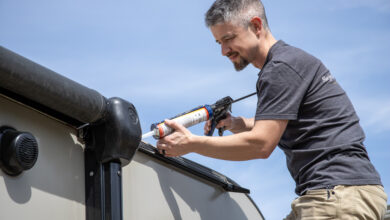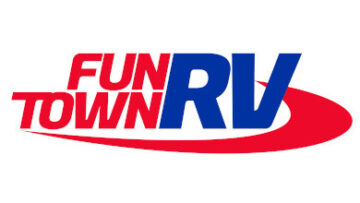Trends: Hybrid Dealers Successfully Navigate RV-Boat Sales

When Ron Hoover RV & Marine first took on boats to sell and service in 2000, company President Chris Hoover said the reason behind the move was a simple one: “We felt like there weren’t a lot of really good boat dealers compared to RV dealers.”
This story by Eric Colby originally appeared in Trade Only Today.
Customers of what was then Ron Hoover RV had asked the company to take on boats because of the positive experience they’d been having with their motor homes and travel trailers. Today, the company’s headquarters are in Corpus Christi, Texas, and Ron Hoover RV & Marine has 10 locations on the Texas Gulf Coast from Houston to Brownsville.
On the marine side, the dealerships carry Carolina Skiff, plus boats built locally, including Majek and Blue Wave. The majority of the company’s boat sales are in bay and flats boats, with some offshore models being sold, as well. At some stores, if a boat can’t run in 6 inches of water, the dealership won’t even put it in inventory.
Hoover estimates that the overall sales breakdown for the company’s 10 stores is 65 percent RV and 35 percent marine. And his company is not alone: At Alpin Haus, which is based in the Albany, N.Y., area, President Andy Heck said RVs account for about 75 percent of the business, with marine taking about 15 percent. The company also sells and services downhill skiing equipment, swimming pools and golf carts.
Selling and servicing more than one type of recreational product gives sales personnel an opportunity to make more commissions and keeps service departments busy year-round. There are similarities in how dealerships sell and service boats and RVs, but there are significant differences, as well.
The RV side is doing a better job of providing an entry-level experience.
Because different boats are used for different purposes, Hoover said, the marine side has a more regional feel.
Because marine technicians also have to deal with engines, he said, an RV technician can do some work on a boat, but that stops when it gets to the propulsion system. From a warranty standpoint, it’s easier to get an RV manufacturer to cover a component that’s on the vehicle, but with boats, if it’s a brand-name accessory, the service department spends more time on the phone trying to figure out how to get it covered.



